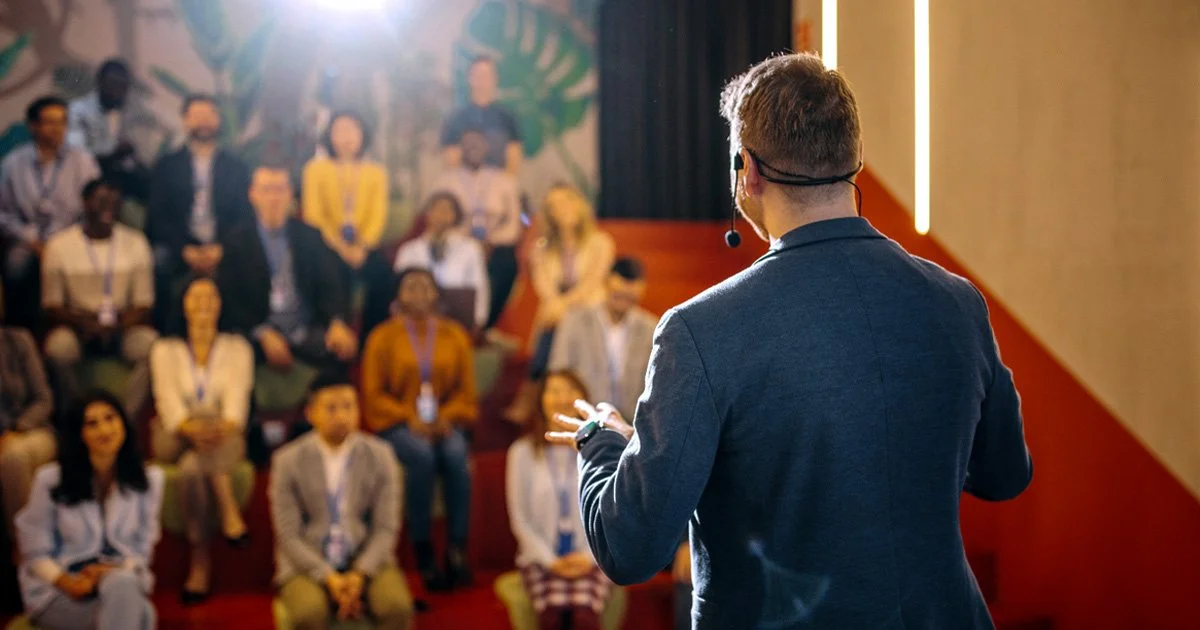How to Boost Your Event Attendance
Event attendance is one of the most prominent measures of the success of the event and its overall performance. If you do not have people at your event, it will lower energy levels, decrease your budget, and prevent you from experiencing the benefits you had hoped for when you hosted the event in the first place.
Event marketing starts long before the event itself. To boost event attendance, try these key strategies to get people interested, share information, and encourage them to attend. Try these tactics to promote and increase your event attendance.
1. Make Sure You Understand the Purpose of Your Event (And Why People Want to Show Up)
Take the time to consider what your event has to offer potential attendees carefully.
Who are they?
First, ask yourself who the members of your target audience are and why they should want to attend your event. What do they have in common? Do they work in a specific industry? Have clear goals related to their future careers? Enjoy the hobby? When you know your target audience's members, you can design materials that will meet their needs.
What do the members of your target audience want from your event?
Simply put, why should members of your target audience want to attend your event? What do you have to offer them? Do you have substantial networking opportunities? Are you offering sessions that will help increase their overall knowledge? A fun event? Carefully consider what the members of your target audience should expect when they attend your event and why they should get excited about it.
Where can you find them?
To market your event effectively, you need to know where you can find the members of your target audience. For example, you should know which social media platforms they use, what professional publications they subscribe to, and other events they attend.
2. Plan an Event That Offers Genuine Value to Potential Attendees
Knowing your target market helps you plan an event meeting their needs and desires. What excites the members of your target audience? Consider these key factors.
Speakers
The speakers that will most appeal to your target audience will depend on what type of event you are hosting. You may look for influencers, including radio personalities or "stars" within your target market. Consider bringing in industry leaders or speakers with unique experience within the industry. When you draw in speakers who will interest your target market, you get their marketing help. Since they will likely promote the event among their followers, you will increase your event attendance due to interest in that speaker.
Location
Your location is crucial to your event. Why should members of your target market want to travel to this location? What is exciting or desirable? When you provide information about the location, you can increase event attendance as in-person attendees get excited about the other things they can do in that area.
Schedule
As you create the schedule for your event, carefully consider what the members of your target audience want from an event. What types of sessions would they like to attend? Is there a specific type of content that is likely to generate a great deal of interest? Hint: if a session looks as though it will be overbooked, consider having overflow rooms, video recordings, or other options that allow everyone who attends the event to participate in the things that are most important to them.
Resources and Support
When people attend your event, what resources will make the experience better for them? Do they need a translator? Access to easy-to-acquire hotel rooms? Good equipment, including microphones and speakers that will carry through the room? If you are hosting a virtual event, does your virtual space have a suitable capacity? Ensuring all those things ahead of time can help improve the overall quality of your event and attract attendees.
3. Promote Your Speakers Heavily
Your speakers are often some of the biggest draws for people who want to attend your event. Choosing the right speakers can differentiate between a well-attended event and one that needs to bring in the audience you expect. However, if you need to know who your speakers are, or if no one realizes that those speakers will appear at your event, you may need help drawing in interested event attendees.
In addition to promoting your speakers yourself, make sure those speakers mention their planned appearance at the event. That way, their followers will know about an upcoming opportunity to connect with them.
4. Offer Incentives for Early Registration or Appearance
If you want to boost event attendance, consider creating the illusion of fear of missing out. Early registrants might get to register for a specific high-demand session first, secure a swag bag, or get a dollar amount off their tickets. Offering extra incentives for the first people to attend the event can also provide the incentive they need to get through the doors. In addition, great promotional goodies can help raise excitement for the event as a whole.
5. Send Out Personalized Invitations to People Already Connected to Your Brand
Your email list is likely already segmented according to specific target populations. Look at that segmented list and how you can use it to personalize invitations for people who may be interested in attending your event. Include:
The individual's name
Information about why that specific individual (or segment) might want to attend your event
References to past events or segments that a particular individual may have attended
Carefully consider your event's value to those specific segments, and use a targeted email campaign to reach out to them.
6. Take Full Advantage of Your Social Media Profiles
Promote your event across your social media profiles. Start building anticipation in the days before tickets go on sale and continue building that anticipation as you get closer to the event. Share:
A countdown as you get closer to critical milestones. (Are tickets about to go on sale? Is the event getting close?)
Critical information about the event as it comes out. (Who are your speakers? What are you most looking forward to about the event?)
Provide photos and videos of the event and past events.
Share stories of the best moments at the event.
Continue displaying that information across social media to help build interest and encourage event attendance.
7. Do Not Just Drop Away When the Event Is Over
This year's event might have ended, but you may still want to build up the next one! Keep sharing information about your event: the most significant successes from the event itself, highlights, or fantastic moments and memories. Create a hashtag that will allow attendees to share their content. Let people who chose not to attend this year know what they missed so they will be more likely to register for the next one.
Are you gearing up for your next big event and ready to utilize strategies that can help improve your event attendance? Are you increasing inspiration or joining the conversation as a thought leader in your industry? Contact us to learn how Think Global Forum can help bring unique perspectives to the global community.

